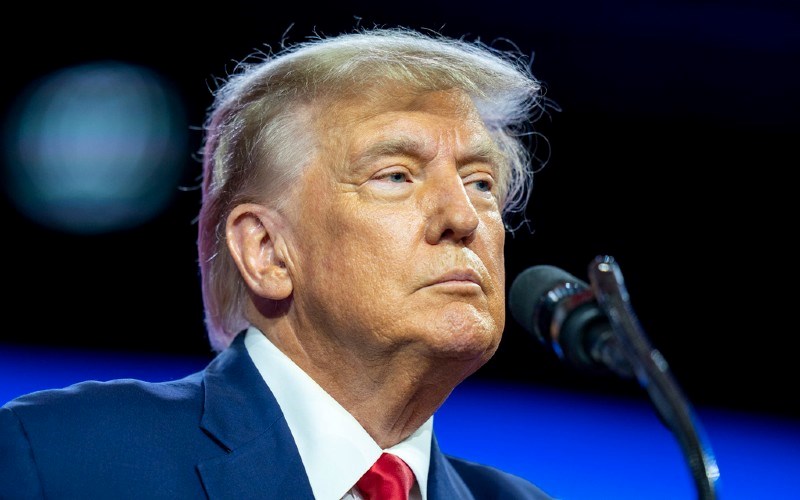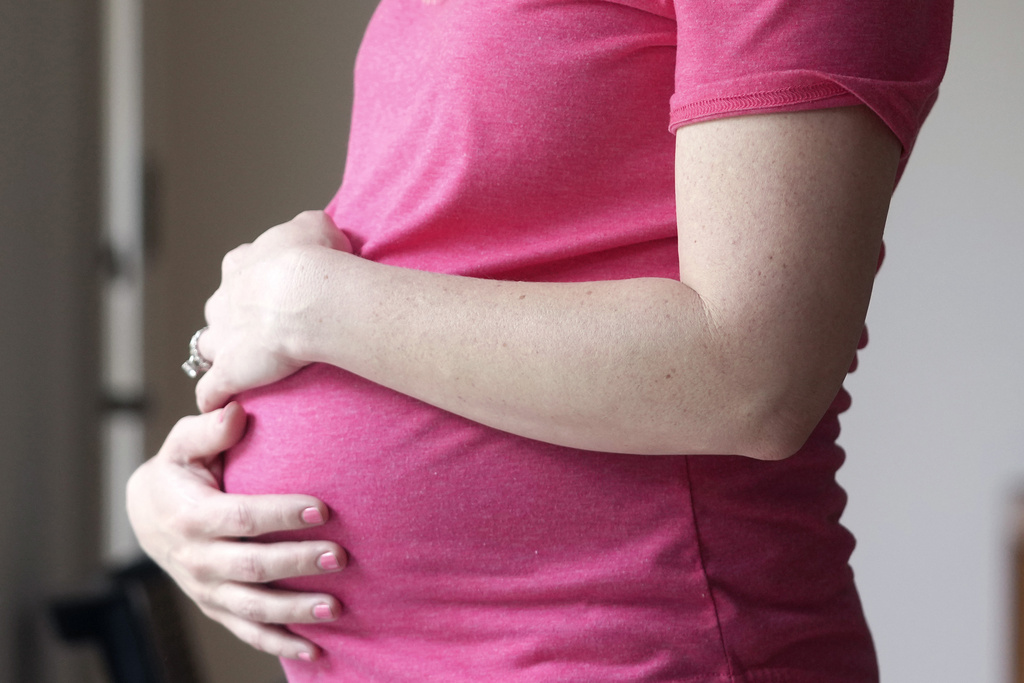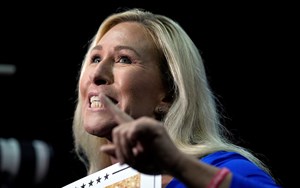Chief Justice John Roberts was among at least five members of the court who did not appear to embrace the claim of absolute immunity that would stop special counsel Jack Smith's prosecution of Trump on charges he conspired to overturn his 2020 election loss to Democrat Joe Biden.
But in arguments lasting more than 2 1/2 hours in the court's first consideration of criminal charges against a former president, Roberts also was among several justices who suggested that the case might have to be sent back to lower courts before any trial could begin. Roberts indicated he was unhappy with the reasoning adopted by the federal appeals court that ruled against Trump.
The timing of the Supreme Court’s decision could be as important as the outcome. Trump, the presumptive 2024 Republican presidential nominee, has been pushing to delay the trial until after the election, and the later the justices issue their decision, the more likely he is to succeed.
The active questioning of all nine justices left the strong impression that the court was not headed for the sort of speedy, consensus decision that would allow a trial to begin quickly.
Justices Neil Gorsuch and Brett Kavanaugh, two of Trump's three high court appointees, suggested that former presidents might have some immunity and that in this case, lower courts might have to sort out whether that applied to Trump. That could further delay a trial.
Justice Amy Coney Barrett, the other Trump appointee, seemed less open to arguments advanced by Trump lawyer D. John Sauer.
Smith’s team is asking for a speedy resolution. The court typically issues its last opinions by the end of June, about four months before the election.
Trump’s lawyers argue that former presidents are entitled to absolute immunity for their official acts. Otherwise, they say, politically motivated prosecutions of former occupants of the Oval Office would become routine and presidents couldn't function as the commander in chief if they had to worry about criminal charges.







